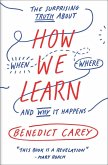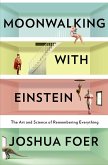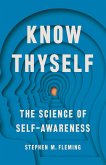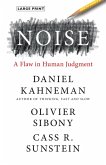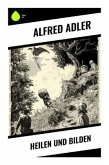Memory is one of the few psychological concepts with a truly ancient lineage. Presenting a history of the interrelated changes in memory tasks, memory technology and ideas about memory from antiquity to the late twentieth century, this book confronts psychology's 'short present' with its 'long past'. Kurt Danziger, one of the most influential historians of psychology of recent times, traces long-term continuities from ancient mnemonics and tools of inscription to modern memory experiments and computer storage. He explores historical discontinuities, showing how different kinds of memory became prominent at different times, and examines these changes in the context of specific themes including the question of truth in memory, distinctions between kinds of memory, the project of memory experimentation and the physical localization and conceptual location of memory. Daniziger's unique approach provides a historical perspective for understanding varieties of reproduction, narratives of the self and short-term memory.
'Building on his earlier seminal work on the history of psychological categories, Danziger's latest book will be the definitive text on the history of memory as a psychological category for years to come. Written with great clarity and scholarship, it will be of interest to anyone who wishes to enhance their understanding of those things we call memory and of how that term is used.' Alan Collins, Lancaster University


